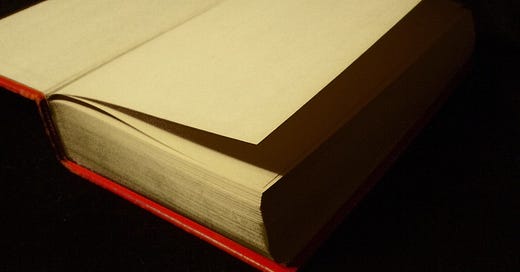Happy Back to School and Not Back to School, everybody. This is the time of year we’re starting new rhythms, new routines, reaching for new goals — and in the case of us teachers, working with new students. (Speaking of which, I still have space in my Seattle Core Class for homeschoolers on Fridays, my online teen Exploratory Creative Writing Workshop on Thursdays, and our Outdoor Class in Seattle on Wednesdays. Come join us! Send awesome kids our way!)
Anyhow, every September, I set out to spark a new bunch of kids’ love of writing (with the help, thankfully, of awesome returning students and their enthusiasm). My students come into class with many kinds of hesitations and resistances around writing, so the first few projects we do have to be pretty solid. They have to show kids that this writing thing is worth it, and that it isn’t going to be a terrible cruel slog. So what do I have the kids do first? Lie.
That’s right. Lie.
One of my favorite ways to start playing with poetry with kids is to write lie poems. Long-time readers may remember me writing about them before, because they are a staple, a foundation, a doorway, what’s my metaphor here, they are not only a great entry point into poetry, but they’re a way to lay down a philosophy of writing I find really helpful.
Which is to be wild and weird and say the thing that has energy and tension and crazy possibility and feels true in one way but also impossible because in the pull between truth and impossibility is a humming, singing, exhilerating urgency and freshness and meaning. In short: to lie.
I didn’t invent this prompt. Kenneth Koch wrote about it in Wishes, Lies and Dreams his classic book about writing poetry with children. In that book, he writes about how the word “lie” communicates the right spirit of wildness and edginess, a spirit that “make believe” or “invented” doesn’t quite capture. He says, and I’d second, that the kids know the difference between feeling free to lie in poems and dishonesty in life.
So how do you go about it?
Write a poem that is all lies. Your poem could be one big long lie, or you could put a new lie in every line. You can be as wild and weird as you want to be. In fact, see how big and wild your lies can be!
Your poem doesn’t need to rhyme (most poems don’t these days). Don’t worry about your spelling. We can go back and work on that later.
Remember, there’s nothing too weird to write. Have fun!
Then I read some examples written by other kids. (Koch’s book has some great ones.)
I don’t worry about if my kids steal lies from the poems they hear. We’ll just consider it sampling. I know that as they get comfortable, they’ll write their own thoughts, and for now, writing anything that feels exciting to them is a good start. I also don’t worry if they get a little wild and write about poop or something. That’s just them feeling their freedom, trying out words with some power. Not too many kids stay there forever.
If we want to, we revise for spelling and punctuation, and illustrate for awesomeness. If we want to, we share.
And that’s about all there is to lying.




